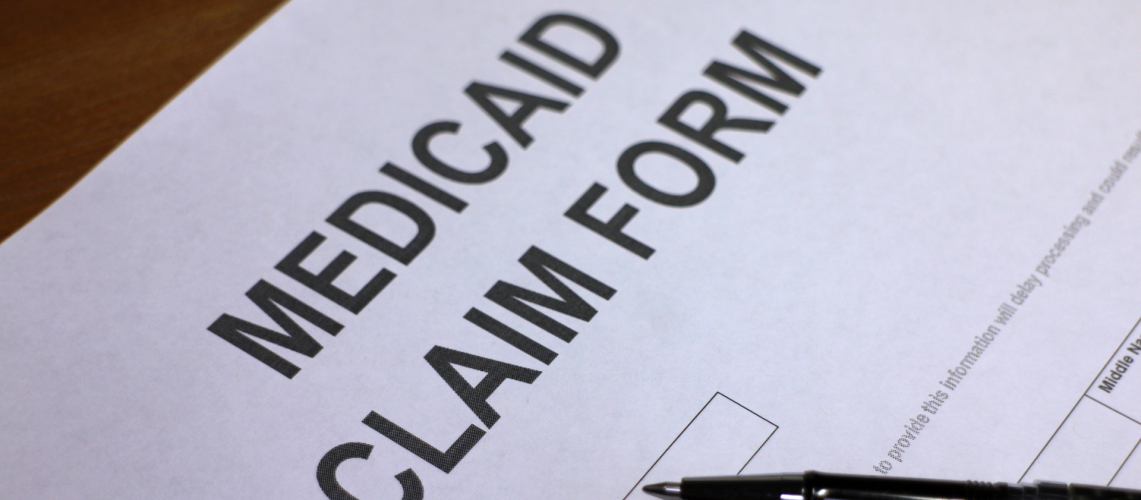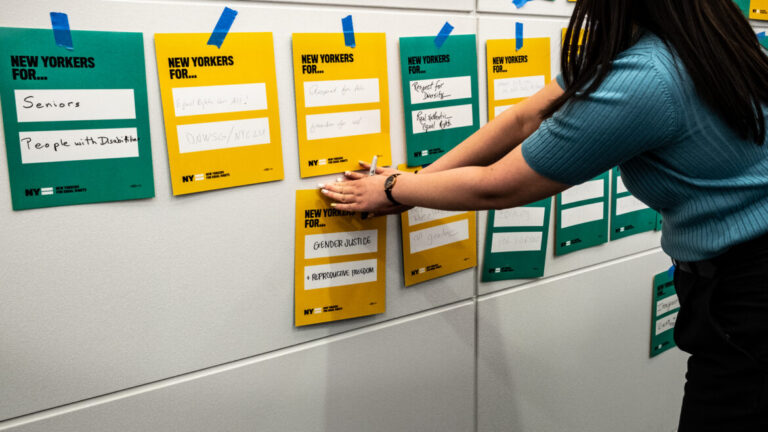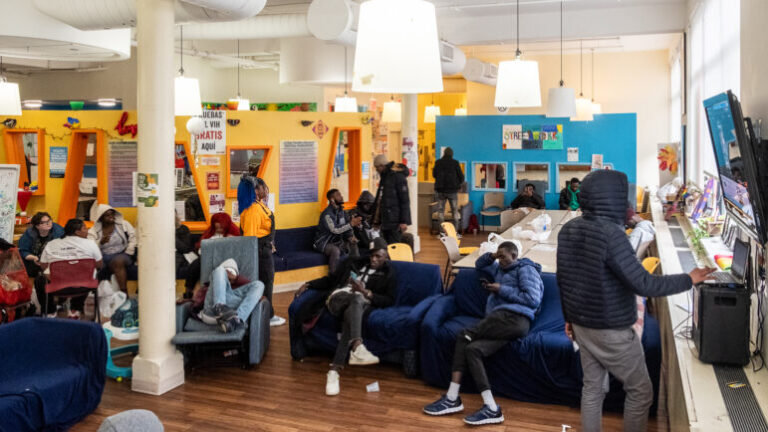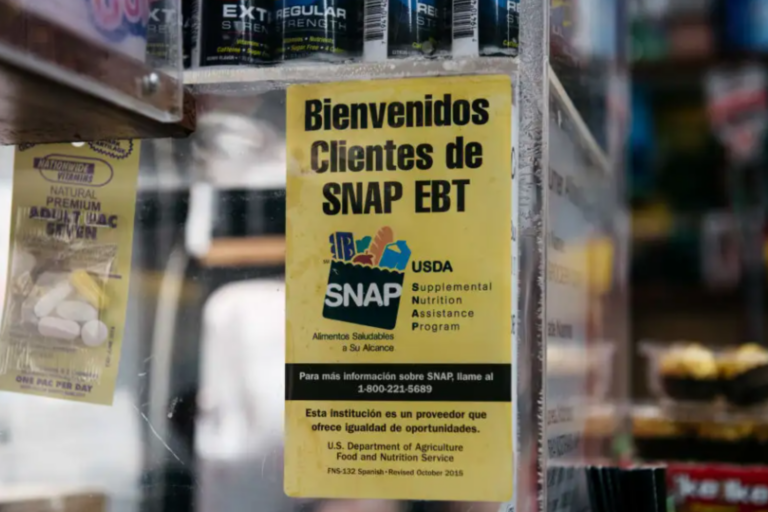Crain’s Health Pulse
The state Health Department’s Independent Assessor program began conducting assessments for Medicaid patients who have an immediate need for personal care services or consumer-directed personal assistance services Thursday, after the program’s initial rollout in May. Advocates who work with older New Yorkers, those with disabilities and those who are chronically ill say they are concerned the program is creating care delays or causing patients to get “lost” when trying to get the home care they need.
Prior to May, people on mainstream managed care Medicaid who wanted home care services went through their plan. New Yorkers who wanted to enroll in managed long-term-care plans, which are for people with disabilities or illnesses who need sustained help with activities of daily living such as cooking and bathing, went through the Conflict Free Evaluation and Enrollment Center program to determine their eligibility. The CFEEC was run by Maximus Health Services, a national company that works with local governments.
In May, the NYIA program began. Maximus took over evaluating whether patients on mainstream Medicaid, managed care Medicaid or the Medicaid State Plan—which is delivered through local social service departments—could get home care services. Maximus also now evaluates people’s eligibility for managed long-term care plans.
According to the Health Department, the NYIA program was created because of “statutory, regulatory and administrative reforms” included in the 2020-2021 state budget and regulatory amendments.
To get home care, patients first meet with a NYIA nurse assessor, who asks about their health care needs. Then the patients meet with a clinician, who conducts an exam and recommends personal care services. Independent assessments began Thursday for patients who have an immediate or expedited need for personal care or consumer-directed personal assistance.
Advocates in the home care and consumer-directed personal care industries are concerned the NYIA program is ultimately making it harder for people to get support.
Rebecca Wallach, associate director of the Evelyn Frank legal resources program at the New York Legal Assistance Group, said the NYIA program adds steps to the process, making it more complicated for patients.
After the NYIA assessment is performed and patients get an outcome notice saying they’re eligible for home care, patients on mainstream Medicaid and those going through local social service departments need to contact their plan in order to set up the home care. It’s up to the patient to know whom to contact at their Medicaid plan or service department to get authorized for the right care, Wallach said.
Having to go through two “doors”—the initial assessment and then working with their plan—could leave patients without services because of a lack of clear path forward, she said.
“We’re worried that people will get lost in the maze. It’s a seismic change,” she said, and added, “Anecdotally, we are seeing [managed long-term-care] denials from NYIA at what we believe is a higher rate than what we’ve seen before under the conflict-free evaluation. And that leads to delay.”
Providers say clinical assessments done over telehealth also present barriers to getting home care.
Nichole McDonald, who works in intake at Marton Care, a Brooklyn-based fiscal intermediary for patients in the state’s Consumer Directed Personal Assistance Program, called the implementation of NYIA so far a “train wreck.”
According to McDonald, NYIA has been evaluating patients over telehealth calls due to a lack of nurse assessors available for in-person appointments. She spoke about one client who keeps getting rejected from services.
“She has had three evaluations. After the second one, we went through the fair hearing process, which took another three and a half months to do,” McDonald said. “We went through the hearing, which was on Oct. 3, and it took another month to get the ruling.
“So that brings us to Nov. 3. It was ordered that NYIA reverse the decision. [NYIA officials] still have not reversed it. They forced her to do another evaluation and failed her again.”
Now that independent assessments have begun for patients with immediate needs, such issues could be compounded, McDonald said. Patients who need care now could wind up waiting months for an assessment or services.
Mordechai Wolhendler, a health care consultant at the GlattHealth Consulting Group in Albany, said there also has been a trend in recent years of patients being determined to need fewer hours of home care per day. Beyond a patient getting less help with their needs, he said, it becomes harder for the agencies that employ home care workers to staff short shifts. The problem has been compounded by New York’s current direct support workforce crisis.
Al Cardillo, chief executive of the Home Care Association of New York State, said the NYIA program was created by former Gov. Andrew Cuomo’s Medicaid Redesign Team II prior to the Covid-19 pandemic, when the state had “a $6 billion projected arrear on Medicaid and other imbalances in parts of the budget.” Stakeholders raised concerns about the program, Cardillo said, but it was adopted anyway.
“I’m never going to fault the department or the administration,” he said, “but it is something that really needs to be completely re-evaluated.”
He added that issues could arise if the independent assessor’s evaluation of the patient’s needs differs from what home care staff experience.
“That assessment indicates the relative needs of the patient, [which] translates into reimbursement,” Cardillo said. “So if the plan and the provider are providing care that they believe the patient needs, but it’s not reflected in the assessment, ultimately that’s going to catch up. The basis upon which the plan is paid is not going to reflect that.”
If patients can’t get needed home care, they could be forced into nursing homes or other institutions that might not be appropriate, said Bryan O’Malley, executive director of the Consumer Directed Personal Assistance Association of New York State.
Cardillo’s organization has requested a meeting with Gov. Kathy Hochul to discuss the concerns, following up on a letter sent to the state’s Medicaid director and health commissioner.
Maximus representatives directed Crain’s to the Health Department for information on the NYIA program.
Department spokeswoman Monica Pomeroy addressed advocates’ concerns: “The New York state Department of Health is committed to making sure New Yorkers have access to quality home care services.”
The health department reports that it has worked with local social service departments, managed care organizations and Maximus to make sure that the new NYIA process for patients with immediate or expedited needs “minimizes any potential disruption for consumers.”
New York’s fiscal 2023 total federal, state and local Medicaid spending is expected to be $92 billion.
Originally published in Crain’s New York Business on December 2, 2022








